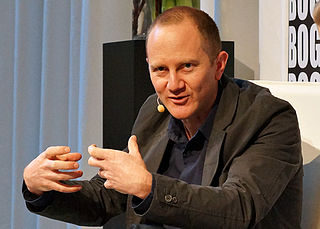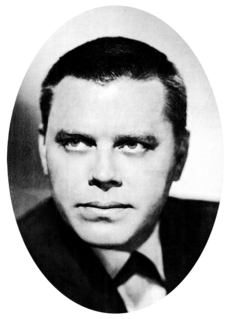A Quote by Peter Guber
Telling purposeful stories is interactive. It's not a monolog. Ultimately, purposeful tellers must surrender control of their stories, creating a gap for the listener(s) to willingly cross in order to take ownership. Only when the listener(s) own the tellers' story and make it theirs, will they virally market it.
Related Quotes
In any situation that calls for you to persuade, convince or manage someone or a group of people to do something, the ability to tell a purposeful story will be your secret sauce. Telling to win through purposeful stories is situation, industry, gender, demographic, and psychographic-agnostic. It's an all-purpose, everyone wins tool.
I would like to believe this is a story I’m telling. I need to believe it. I must believe it. Those who can believe that such stories are only stories have a better chance. If it’s a story I’m telling, then I have control over the ending. Then there will be an ending, to the story, and real life will come after it. I can pick up where I left off.
































